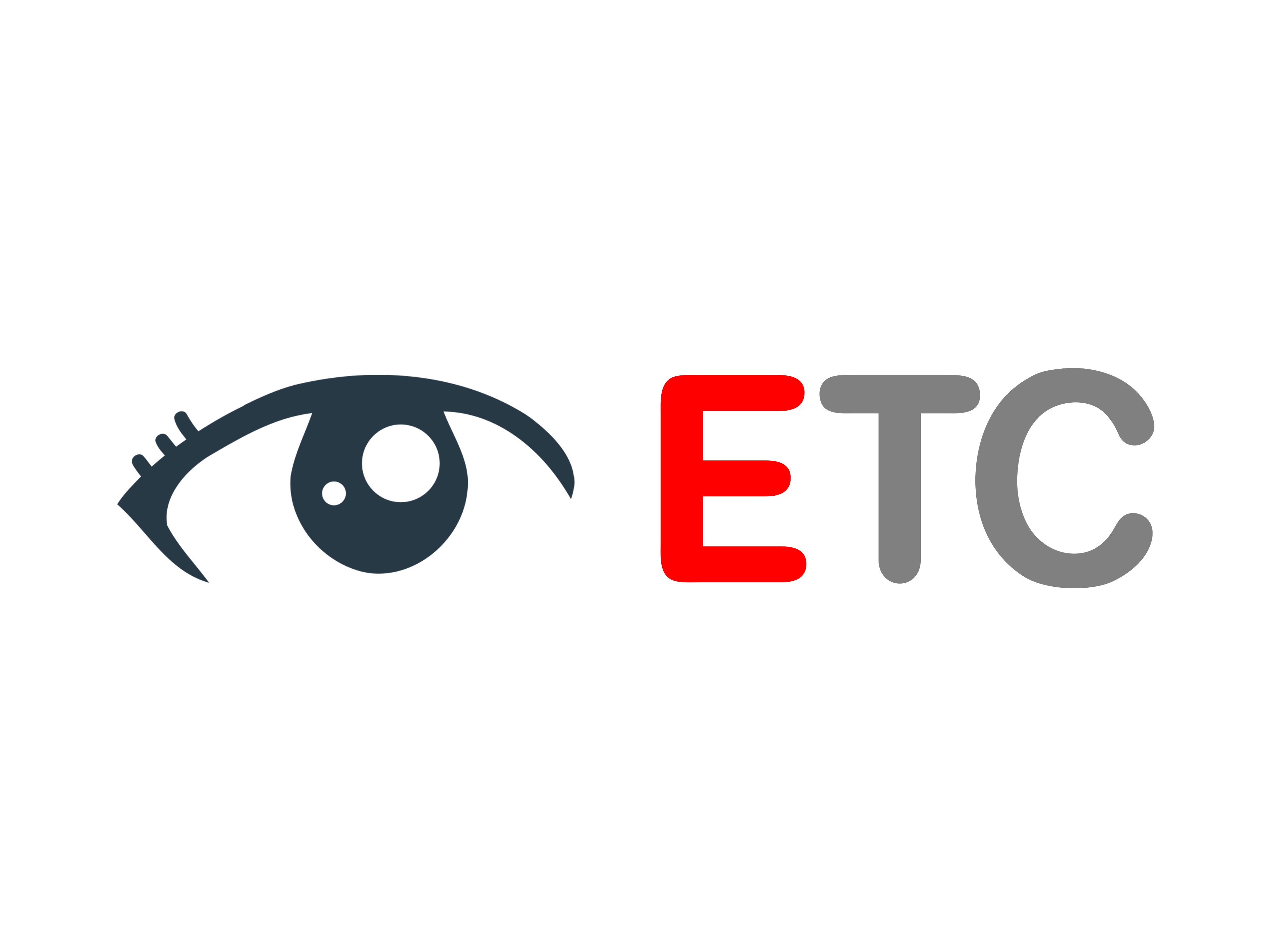NextGen - SKILLS Framework
Introduction
The modern business landscape demands a new breed of leaders—professionals who can seamlessly navigate the intersection of artificial intelligence, business strategy, and human dynamics. The AI BIZ GURU develops professionals who possess not only technical AI competencies and traditional business acumen but also the sophisticated soft skills necessary to thrive in an increasingly complex, technology-driven world.
NextGen - SKILLS Segmentation
NextGen MBA Framework Collection:
Skills Segmentation
TIER I: FOUNDATIONAL AI LEADERSHIP
Core capabilities for leading in an AI-driven world
AI Integration & Strategy (4 Skills)
I. AI-Human Collaboration – Working alongside AI systems with human oversight
IV. Ethical AI Leadership – Navigating the moral implications of AI implementation
XIV. Technology Integration Strategy – Seamlessly integrating new technologies
XVII. Risk-Intelligent Thinking – Managing AI and digital transformation risks
Communication & Influence (3 Skills)
III. Strategic Technology Communication – Translating complex AI into business language
XV. Influence Without Authority – Driving change through persuasion and collaboration
XX. Digital Communication Mastery – Excelling in virtual collaboration and remote management
TIER II: ADAPTIVE LEADERSHIP EXCELLENCE
Advanced capabilities for dynamic organizational leadership
Agile Leadership & Decision-Making (4 Skills)
III. Adaptive Problem-Solving – Flexible, creative approach to challenges
VII. Agile Leadership – Leading with responsiveness and rapid experimentation
XIII. Resilient Decision-Making – Confident decisions under uncertainty and pressure
XXIV. Execution Excellence – Transforming visions into concrete results
Innovation & Change Management (4 Skills)
IX. Innovation Catalyst – Fostering creative solutions and experimentation culture
XVI. Continuous Learning Mindset – Maintaining adaptability in evolving landscapes
XVIII. Cultural Change Leadership – Leading transformation while preserving valuable culture
XXV. Future-Ready Mindset – Preparing for unknown challenges and opportunities
TIER III: STRATEGIC MARKET INTELLIGENCE
Capabilities for market understanding and strategic positioning
Market & Stakeholder Intelligence (4 Skills)
XI. Stakeholder Orchestration – Managing complex multi-stakeholder relationships
XII. Anticipatory Intelligence – Identifying trends and opportunities before they’re obvious
XXI. Value Creation Focus – Creating genuine value for all stakeholders
XXIII. Market Sensitivity – Understanding customer needs and competitive landscapes
Global & Systems Perspective (3 Skills)
VIII. Cross-Functional Integration – Working across diverse disciplines effectively
X. Global Digital Mindset – Understanding AI impact across cultures and markets
XIX. Systems Thinking – Understanding complex interconnections and holistic solutions
TIER IV: COLLABORATIVE INTELLIGENCE
Capabilities for team excellence and collective performance
Data-Driven Leadership (2 Skills)
VI. Data-Driven Storytelling – Transforming data insights into compelling narratives
XXII. Collaborative Intelligence – Building high-performing human-AI teams
Human-Centered Leadership (1 Skill)
V. Digital Empathy – Understanding human experience in digital transformation
SKILLS Introduction
The following 25 soft skills represent the core competencies that every AI BIZ GURU NextGen MBA graduate should master—skills that enable them to bridge the gap between artificial intelligence capabilities and human business needs, driving innovation while maintaining the human-centered approach that defines exceptional leadership.
25 Essential Soft Skills
I. AI-Human Collaboration
The ability to effectively work alongside AI systems while maintaining human oversight and judgment. This involves understanding when to leverage AI capabilities, when to apply human intuition, and how to create synergistic workflows that maximize both technological and human potential.
II. Strategic Technology Communication
The skill to translate complex AI concepts and technical solutions into clear, compelling business language for diverse audiences—from technical teams to board members—ensuring alignment and buy-in across all organizational levels.
III. Adaptive Problem-Solving
The capacity to approach challenges with flexibility and creativity, rapidly adjusting strategies based on new information, changing market conditions, or evolving technological capabilities while maintaining focus on core objectives.
IV. Ethical AI Leadership
The ability to navigate the moral and ethical implications of AI implementation, ensuring responsible technology deployment while balancing innovation with societal impact, privacy concerns, and regulatory compliance.
V. Digital Empathy
Understanding and responding to the human experience within digital transformation initiatives, recognizing how technology changes affect employees, customers, and stakeholders, and designing solutions that enhance rather than diminish human connections.
VI. Data-Driven Storytelling
The skill to transform complex data insights and analytics into compelling narratives that drive decision-making, combining quantitative analysis with emotional resonance to influence and inspire action.
VII. Agile Leadership
Leading teams and projects with agility and responsiveness, embracing iterative approaches, fostering rapid experimentation, and creating environments where teams can pivot quickly while maintaining momentum toward strategic goals.
VIII. Cross-Functional Integration
The ability to work effectively across diverse disciplines—technology, marketing, finance, operations—understanding different professional languages and priorities to create cohesive, integrated solutions.
IX. Innovation Catalyst
Inspiring and facilitating innovative thinking within teams and organizations, creating psychological safety for experimentation, and fostering a culture where creative solutions to complex problems can emerge and flourish.
X. Global Digital Mindset
Understanding how AI and digital technologies impact different cultures, markets, and business environments worldwide, enabling effective leadership in international contexts and multicultural teams.
XI. Stakeholder Orchestration
Managing complex relationships with multiple stakeholders—investors, customers, employees, regulators, technology partners—balancing competing interests and aligning diverse groups around common objectives.
XII. Anticipatory Intelligence
The ability to identify emerging trends, potential disruptions, and future opportunities before they become obvious, combining analytical thinking with intuitive pattern recognition to stay ahead of market changes.
XIII. Resilient Decision-Making
Making confident decisions under uncertainty and pressure while maintaining the flexibility to adjust course when new information emerges, balancing speed with thoughtfulness in fast-paced environments.
XIV. Technology Integration Strategy
Understanding how to seamlessly integrate new technologies into existing business processes and organizational structures without disrupting core operations while maximizing transformational potential.
XV. Influence Without Authority
The ability to drive change and achieve results through persuasion, collaboration, and relationship-building rather than formal power, essential in matrix organizations and partnership-based business models.
XVI. Continuous Learning Mindset
Maintaining curiosity and adaptability in rapidly evolving technological landscapes, consistently updating skills and knowledge while helping others embrace lifelong learning as a competitive advantage.
XVII. Risk-Intelligent Thinking
Evaluating and managing risks associated with AI implementation and digital transformation, balancing innovation with security, privacy, and operational stability considerations.
XVIII. Cultural Change Leadership
Leading organizational transformation initiatives that accompany AI adoption, helping teams and individuals adapt to new ways of working while preserving valuable cultural elements.
XIX. Systems Thinking
Understanding complex interconnections within business ecosystems, recognizing how changes in one area affect multiple other areas, and designing holistic solutions that optimize entire systems rather than individual components.
XX. Digital Communication Mastery
Excelling in virtual collaboration, remote team management, and digital presentation formats while maintaining authentic human connections and effective information transfer across technological mediums.
XXI. Value Creation Focus
Consistently identifying and pursuing opportunities that create genuine value for customers, stakeholders, and society, ensuring that AI implementations serve meaningful purposes beyond technological capability.
XXII. Collaborative Intelligence
Building and leading high-performing teams that combine human creativity with AI capabilities, fostering environments where diverse perspectives contribute to superior outcomes and innovative solutions.
XXIII. Market Sensitivity
Understanding customer needs, market dynamics, and competitive landscapes with nuance and depth, translating market insights into strategic actions and technology implementations that drive business success.
XXIV. Execution Excellence
The ability to transform strategic visions and innovative ideas into concrete results, managing complex projects from conception through implementation while maintaining quality and meeting deadlines.
XXV. Future-Ready Mindset
Preparing oneself and organizations for unknown future challenges and opportunities, building capabilities and structures that can adapt to technological and market changes that haven’t yet emerged.
Strategic Application Framework
For Individual Development:
- Start with TIER I (Foundational AI Leadership) – Essential for any leader in AI age
- Build TIER II (Adaptive Leadership) – Core leadership capabilities for dynamic environments
- Specialize in TIER III (Strategic Intelligence) – Based on role and industry focus
- Master TIER IV (Collaborative Intelligence) – Advanced team and data leadership
For Organizational Implementation:
- Enterprise-Wide: Focus on TIER I & II for all leaders
- Strategic Roles: Emphasize TIER III capabilities
- Innovation Leaders: Prioritize TIER II Innovation cluster + TIER IV
- Global Leaders: Emphasize Global Digital Mindset + Cross-Functional Integration
For Curriculum Design:
- Year 1: Foundational AI Leadership (TIER I)
- Year 2: Adaptive Leadership Excellence (TIER II)
- Specialization: Strategic Market Intelligence (TIER III)
- Capstone: Collaborative Intelligence (TIER IV)
This segmentation provides a clear learning pathway while recognizing that all 25 skills are interconnected and mutually reinforcing for comprehensive AI-age leadership excellence.

